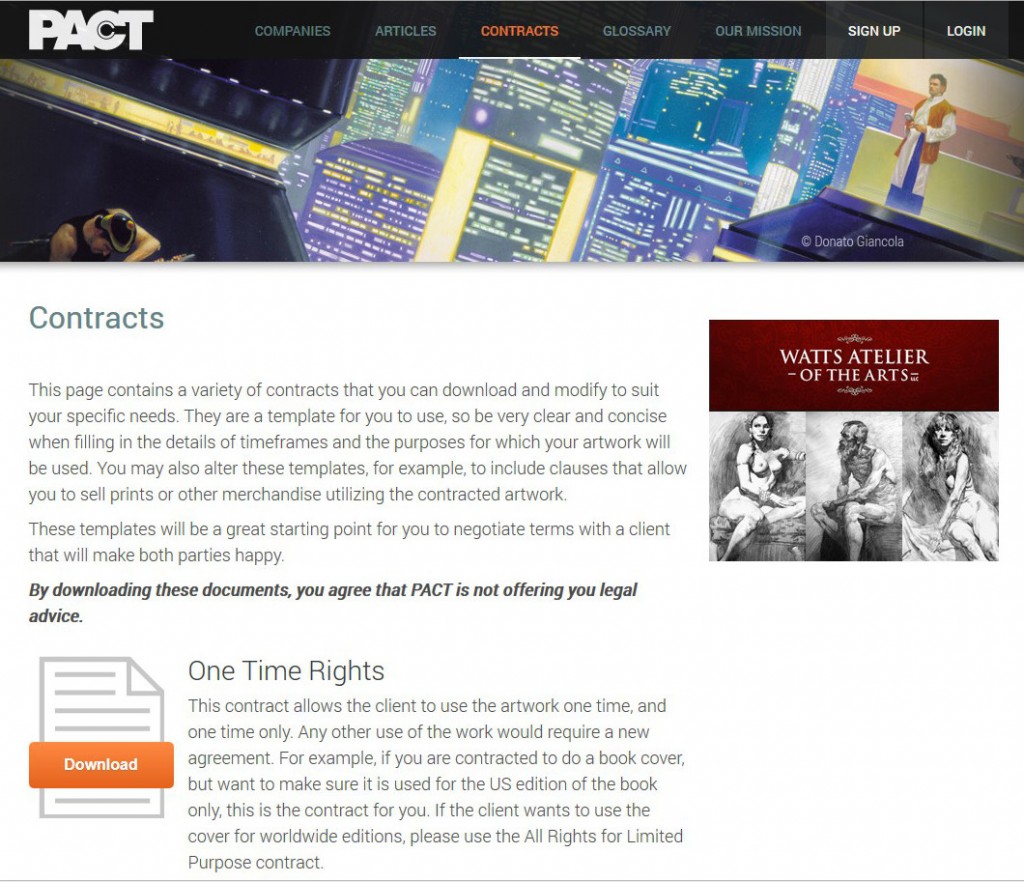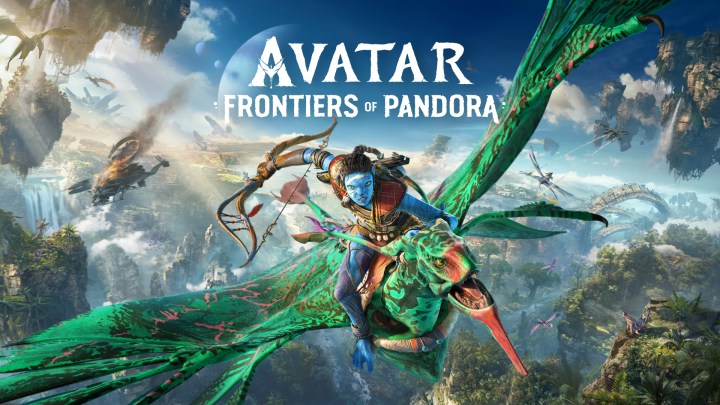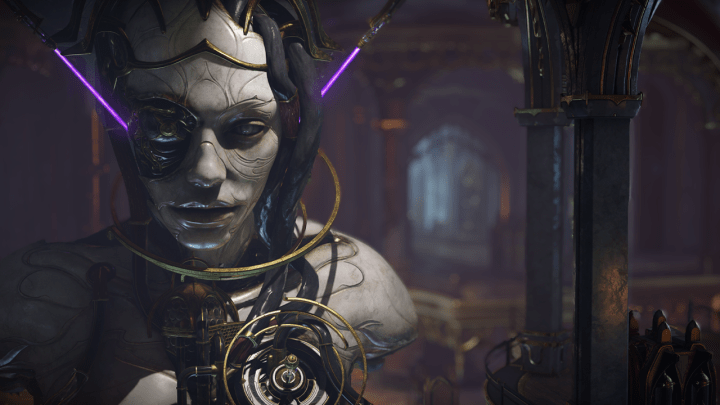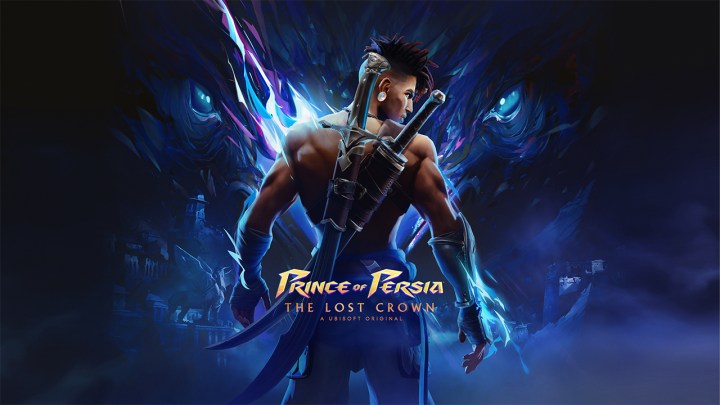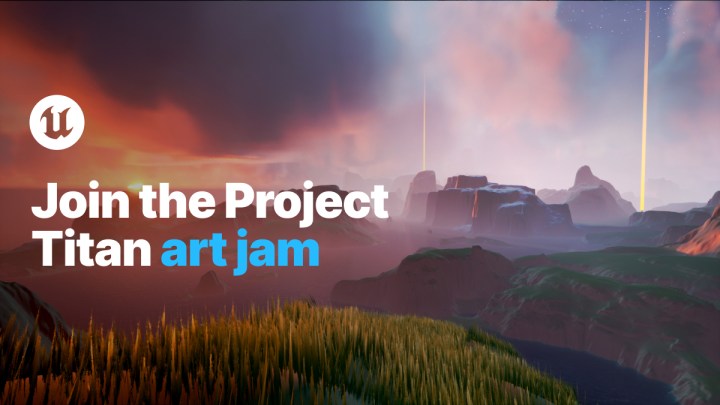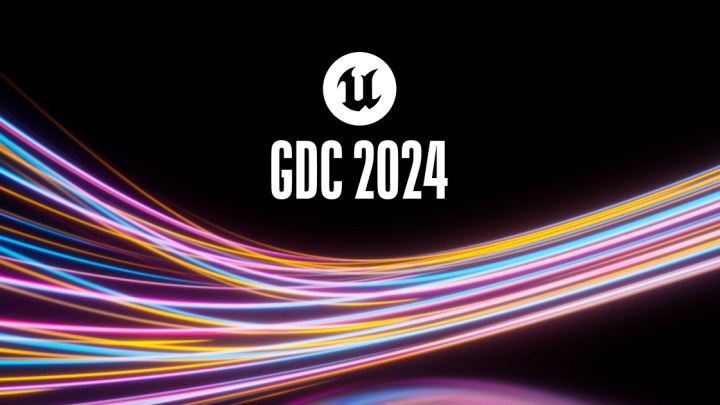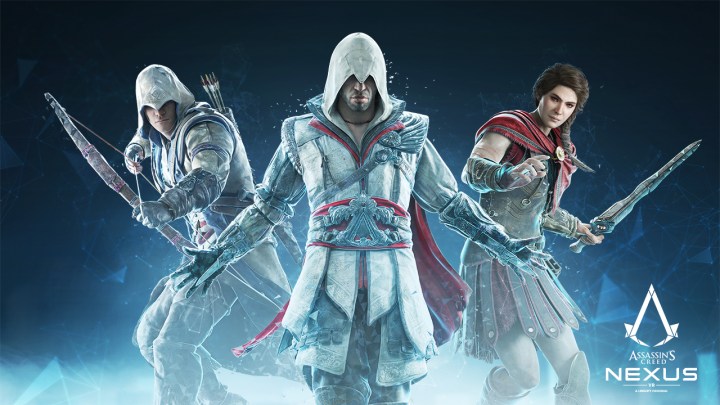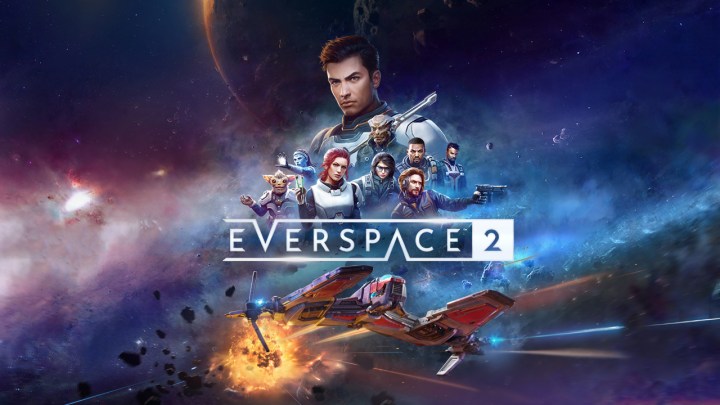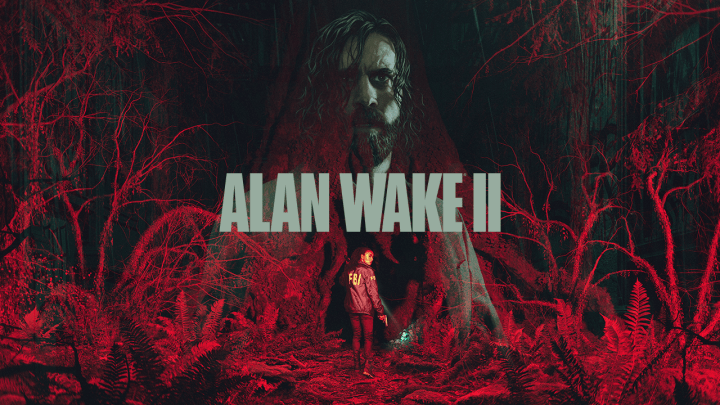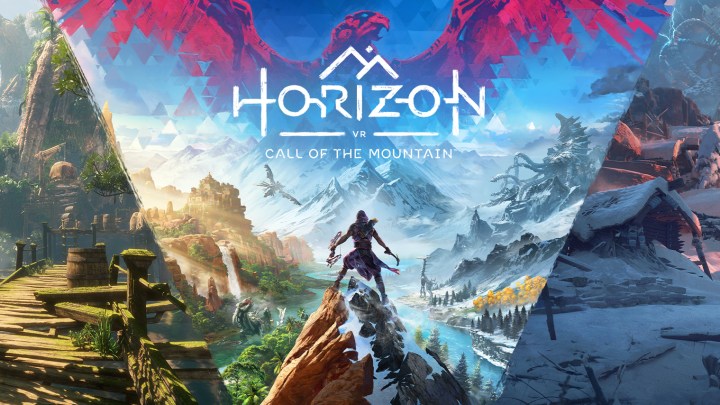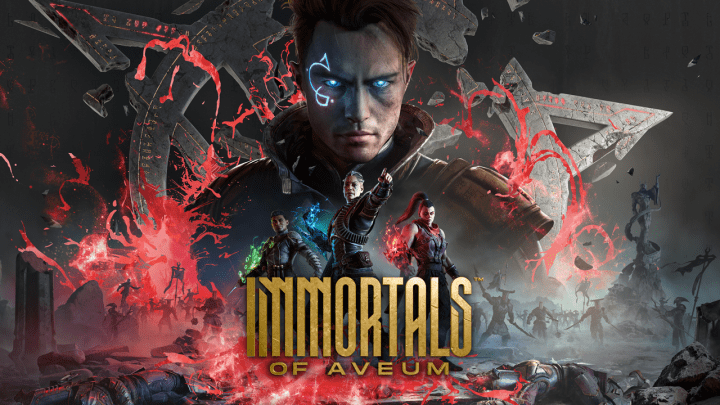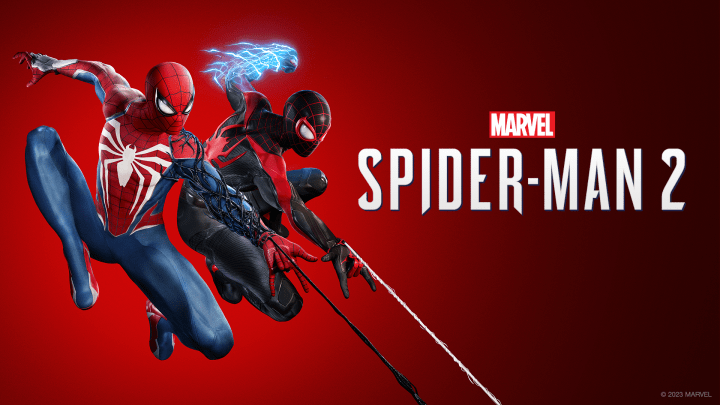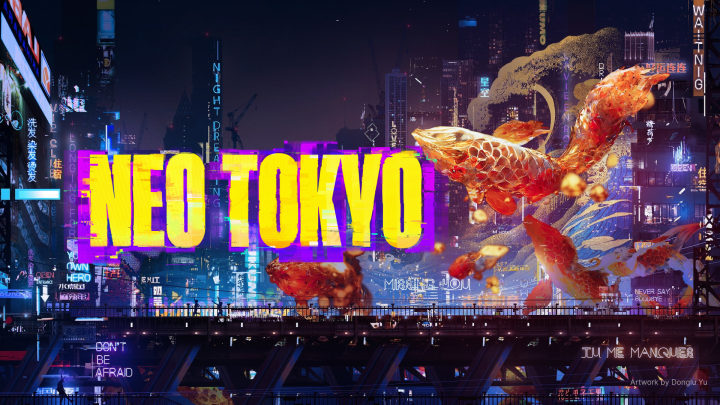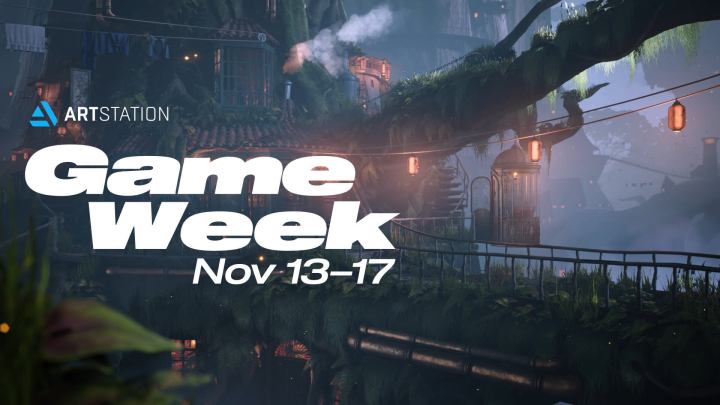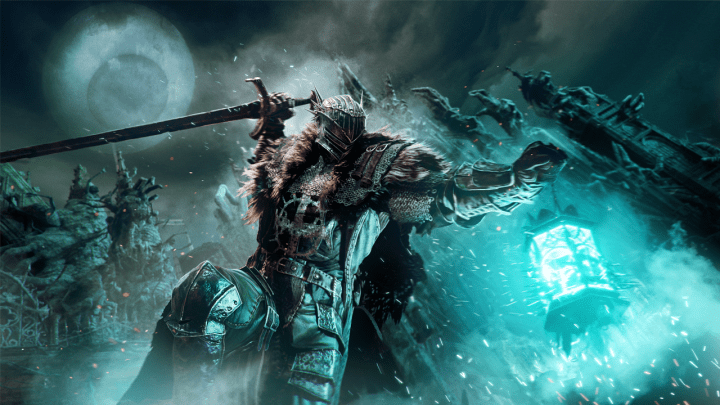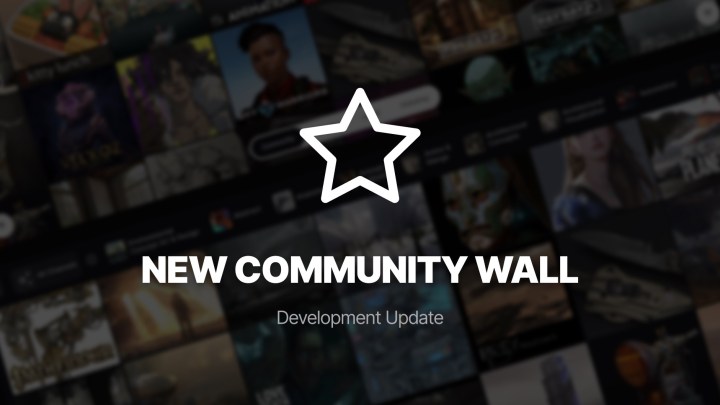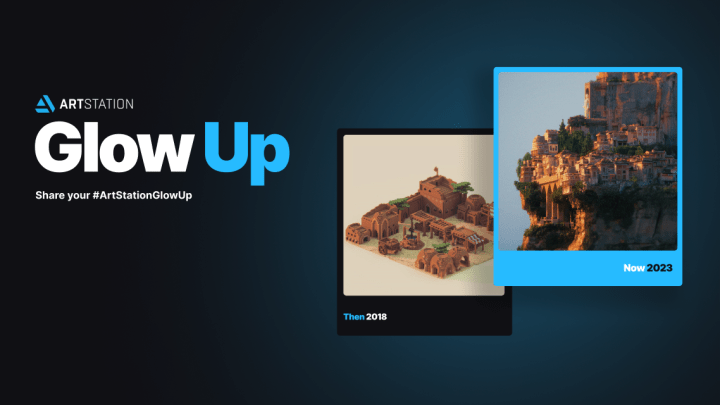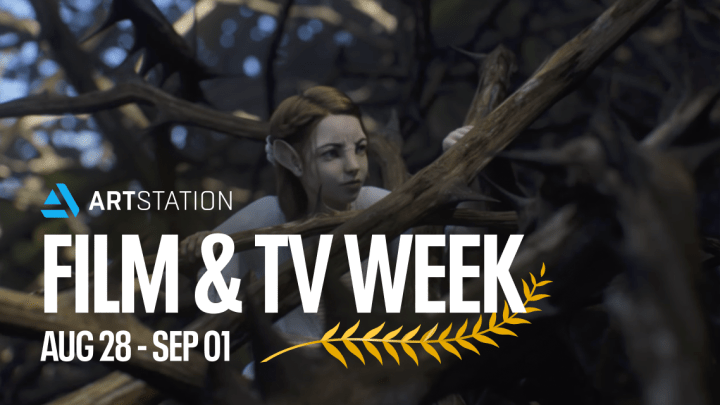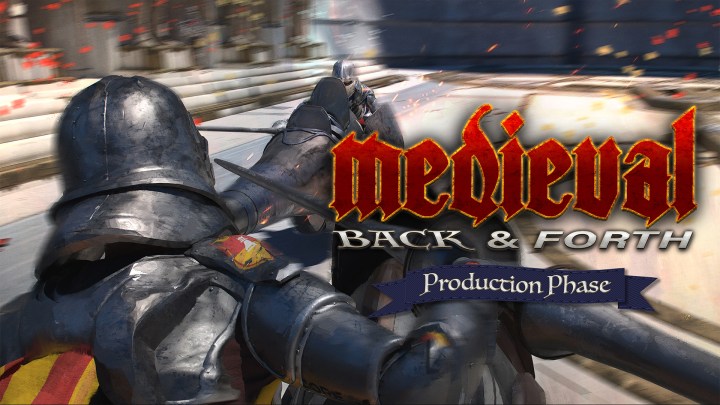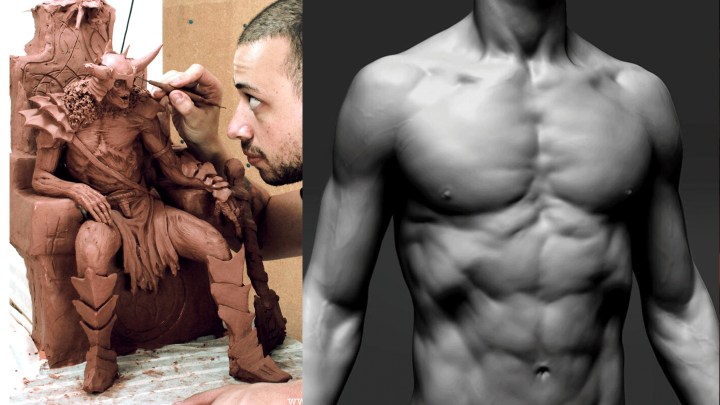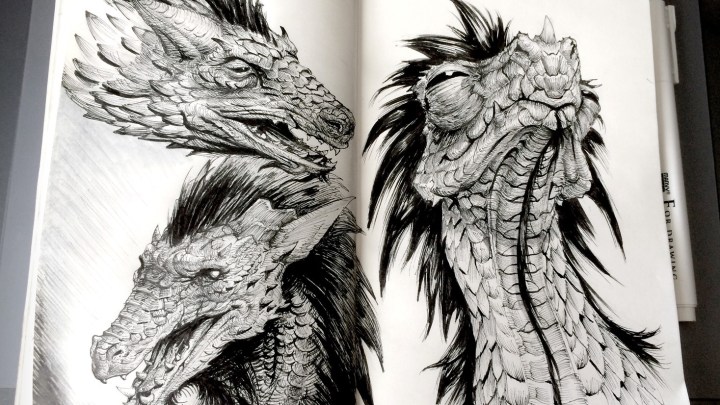PACT founder Jim Pavelec
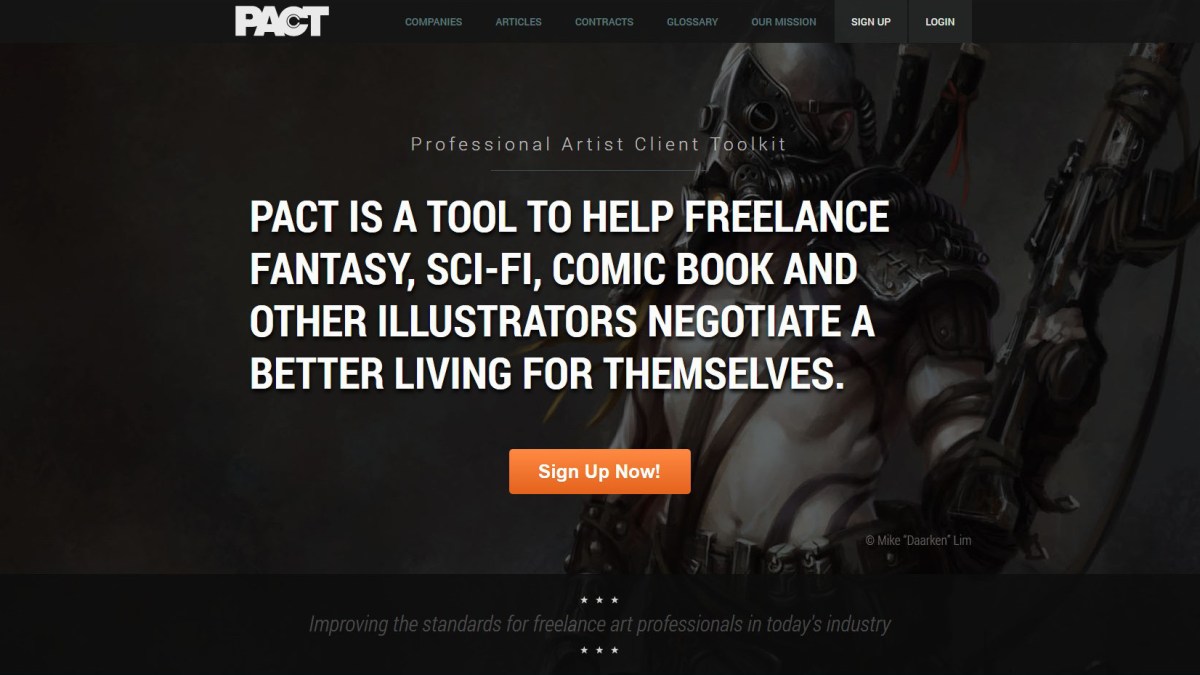
 For the past 15 years, Jim Pavelec has been a freelance illustrator, with clients including Hasbro, Wizards of the Coast, Dark Horse Comics, Blizzard Entertainment and Applibot. More recently, however, he has been making waves as co-founder and operations manager of PACT, the Professional Artist Client Toolkit: an online resource intended to help freelance artists negotiate better deals with clients, offering services ranging from free contract templates to a member-only reviews section with detailed feedback on potential employers, including all of the companies listed above, plus other major game developers, movie studios and publishers.
For the past 15 years, Jim Pavelec has been a freelance illustrator, with clients including Hasbro, Wizards of the Coast, Dark Horse Comics, Blizzard Entertainment and Applibot. More recently, however, he has been making waves as co-founder and operations manager of PACT, the Professional Artist Client Toolkit: an online resource intended to help freelance artists negotiate better deals with clients, offering services ranging from free contract templates to a member-only reviews section with detailed feedback on potential employers, including all of the companies listed above, plus other major game developers, movie studios and publishers.
Launched last year, PACT initially focused on illustration, and now has almost 1,000 members working in the field. Now Pavelec hopes to expand its reach to concept art and animation. We caught up with him to find out more about the organisation, and why collective bargaining with clients can win better deals for artists everywhere.
How did PACT come about?
After 15 years as a freelancer, going to conventions all the time and hearing the same complaints from my colleagues about not having enough money and the contracts getting worse and worse, I thought something needed to be done.
A few of us got together about the best solution, came up with this website, and launched an Indiegogo campaign,.
What services do you offer?
In the free section, we offer standard contracts for artists to download and a glossary of [legal] terms for context – a lot of artists have no idea what any of the terminology means, so we had a lawyer draft a list of the most common terms.
There’s also an articles section where industry pros – artists, art directors and publishers – write about the business end of being a freelance artist: how to establish a good internet presence, arrange a portfolio, set yourself up for tax, and so on.
If you’re a paid member, you also get access to the reviews: artists can leave reviews of [previous clients], so other artists can see if they’re companies they’d like to work for. You might not know that a company is a late payer, for example. The reviews get that out of the way in advance – before you have bills due and discover the check isn’t coming.
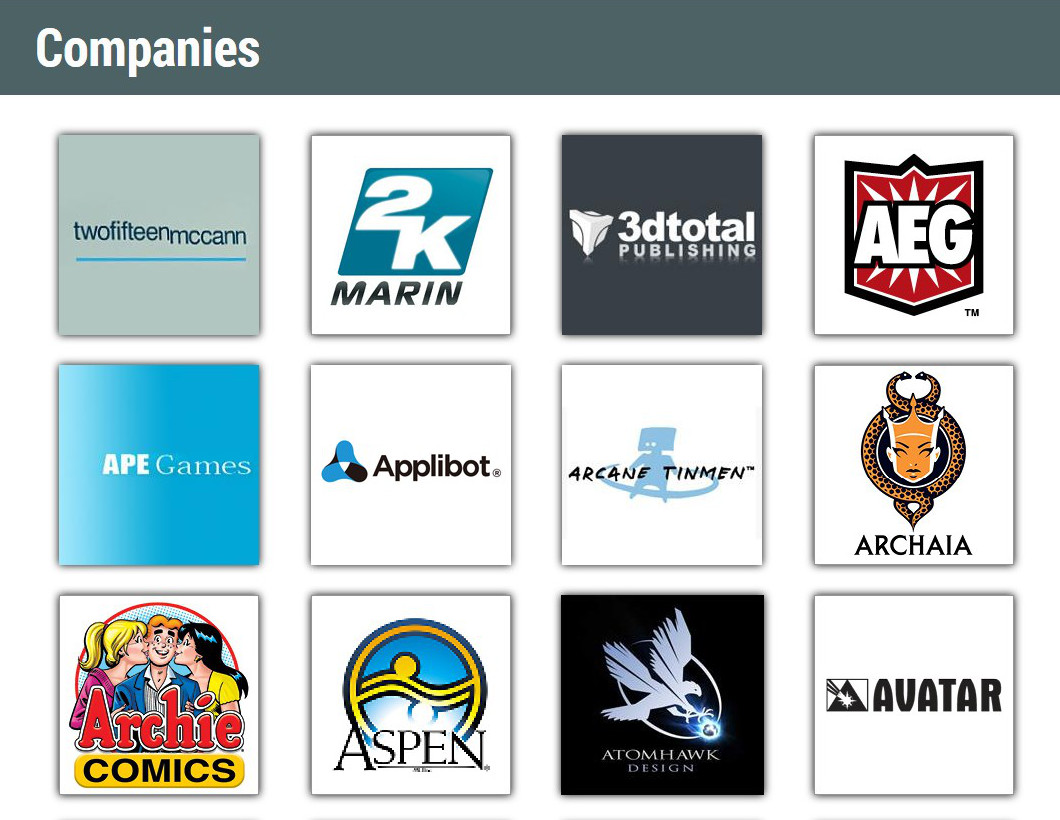
Part of PACT’s reviews section. The site collates detailed feedback on key employers from its members.
You describe illustrators finding themselves in a ‘race to the bottom’. Why?
There’s such an influx of new talent wanting to be part of this industry that it’s caused an attitude of, ‘Oh, I’ll work for less than the other guy.’ It wasn’t like that before, because there weren’t as many people in the market.
And then there’s the internet. When I started, the internet was just getting going, but now companies have access to artists all over the world, where the US dollar carries much more weight. $200 can mean a lot to someone in a different country.
But individual artists can’t change either of those things.
That’s why we set up the website. As a group, we can approach these companies and say, ‘Look, the money you’re offering is not good enough.’ Individually it’s easy to say no. But if [the clients] have 30 or 40 of their artists saying, “This isn’t good enough any more,” they have to do something. Yes, they can still go overseas, but I don’t see these companies wanting to outsource everything. They still need some Western folks to flesh out their books.
One other thing we’re suggesting is that if the pay is bad, work on your own IP: launch a Kickstarter campaign, and take advantage of the same [technology] as these companies. The internet gives them access to all these people who will work for less, but [it gives you] the ability to raise funds instead of relying on publishing houses.
Do you do any collective bargaining on behalf of your members?
Yes, I interact directly with companies and tell them the feedback we’re getting. Say they have a contract that’s pay-upon-publication. That’s not good, so I contact them and say: ‘Is there wiggle room on this? Could you switch to a net 30?’
Sometimes, I don’t even need to do that. AEG told me that because of [PACT], they had to make their contract better because they were losing artists left and right. That was a huge win, because it didn’t take me getting involved directly: it was just the message that the website was sending out.
[Editor’s note: Since PACT’s launch, Wizards of the Coast has also raised its rates on its Dungeons & Dragons and Magic: The Gathering lines. For more information about PACT’s negotations with clients, check out the Articles section of the site.]
Isn’t this what unions are supposed to do?
There aren’t many unions here [in North America] for artists. In Hollywood, to work on film or animation you have to be part of a union, but freelance illustrators are so spread out [worldwide] it would be difficult to unionise.
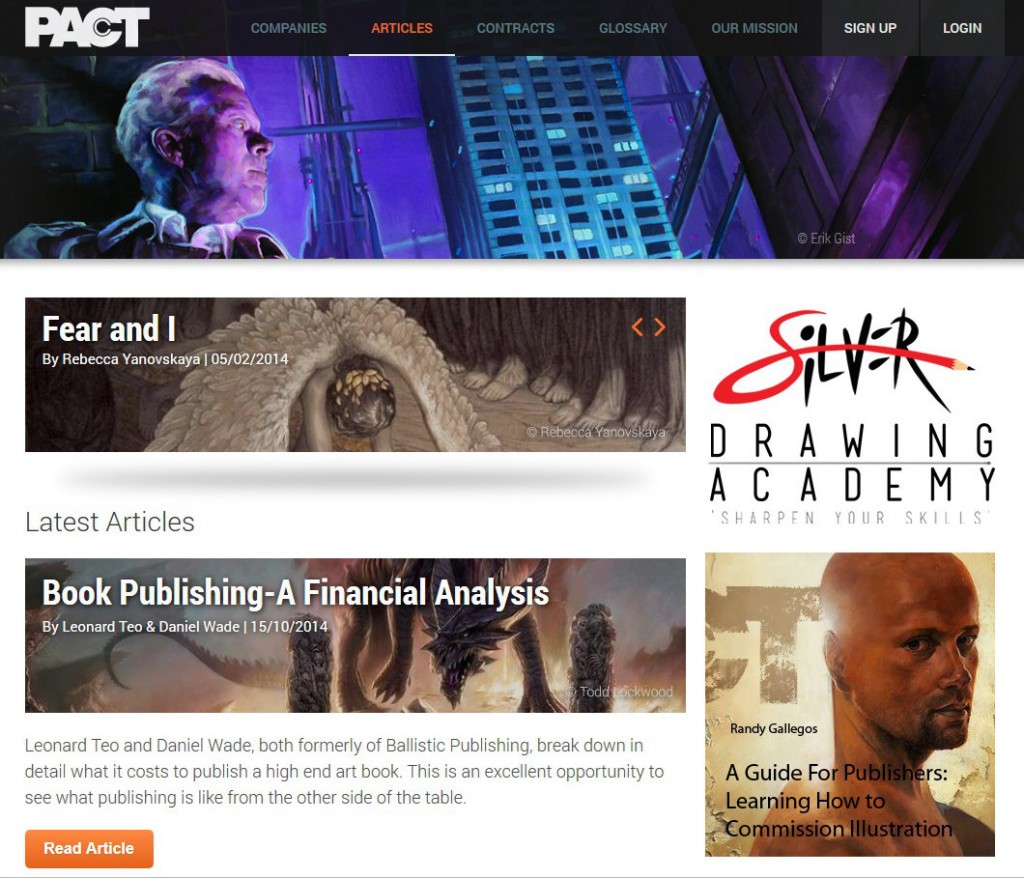
PACT’s articles section offers detailed guides to the business end of freelance life. Banner ad space on the site is provided for free to institutions Pavelec feels are “genuinely concerned with nurturing the art community”.
Do artists value their work highly enough?
No, and that’s part of the message we’re trying to send out. Artists at every level constantly undervalue their work. Even if you’re fresh out of school, you paid for four years of education, and that already has some level of value.
Is that because artists see their work as a calling, not a business?
I think it’s a little bit of that, but it’s also [down] to the companies. They offer such low rates that you just get it in your head that that’s all you’re worth. Over the years, I saw this becoming more widespread, until it became an epidemic. You could see artists thinking: ‘Okay, I guess my full-colour work is only worth $200′.
How much scope is there for individual artists to negotiate with clients?
There’s a lot of room: it’s just that artists are sometimes afraid to try. In the past, a lot of people felt that you’d be blackballed if you questioned [clients’] terms, which is untrue. This is a business like any other: if they come to you with terms and you’re unhappy with them, you can say, ‘Hey, how about this instead?’ The worst they can say is no.
Can you recommend any negotiation strategies?
The most important point I can make is to be professional. Don’t have an attitude about it, and don’t [mouth off], just say: ‘That doesn’t really work for me: how about this?’ and come back with a reasonable counter-offer. Don’t go crazy and ask for double or triple what they’ve offered. That’s how business gets done in every other corner of the world.

Schrei: one of Jim Pavelec’s illustrations. The PACT co-founder has worked in the industry for 15 years.
Where does PACT go next?
Right now, we’re working on expanding the videogame concept art and animation sections. The site was set up mainly for genre illustrators – sci-fi, fantasy, horror and comics – and we want to bring a lot of other freelancers into the fold.
So what would be your pitch to those artists?
That it would be valuable for them to have a community where they can come to find who pays what. Just like in tabletop gaming, I doubt that [concept artists’] pay has gone up dramatically in the past 15 years. A massive amount of money is being generated in that industry, and I know the artists aren’t seeing their fair share.
ArtStation member discount
PACT is offering ArtStation members 50% off the cost of a paid annual membership for the site. Usually priced at $29, membership entitles you to the services listed here. To claim the discount, enter the code Art_Station when registering.
Related links
Visit PACT online
Visit Jim Pavelec’s personal website
